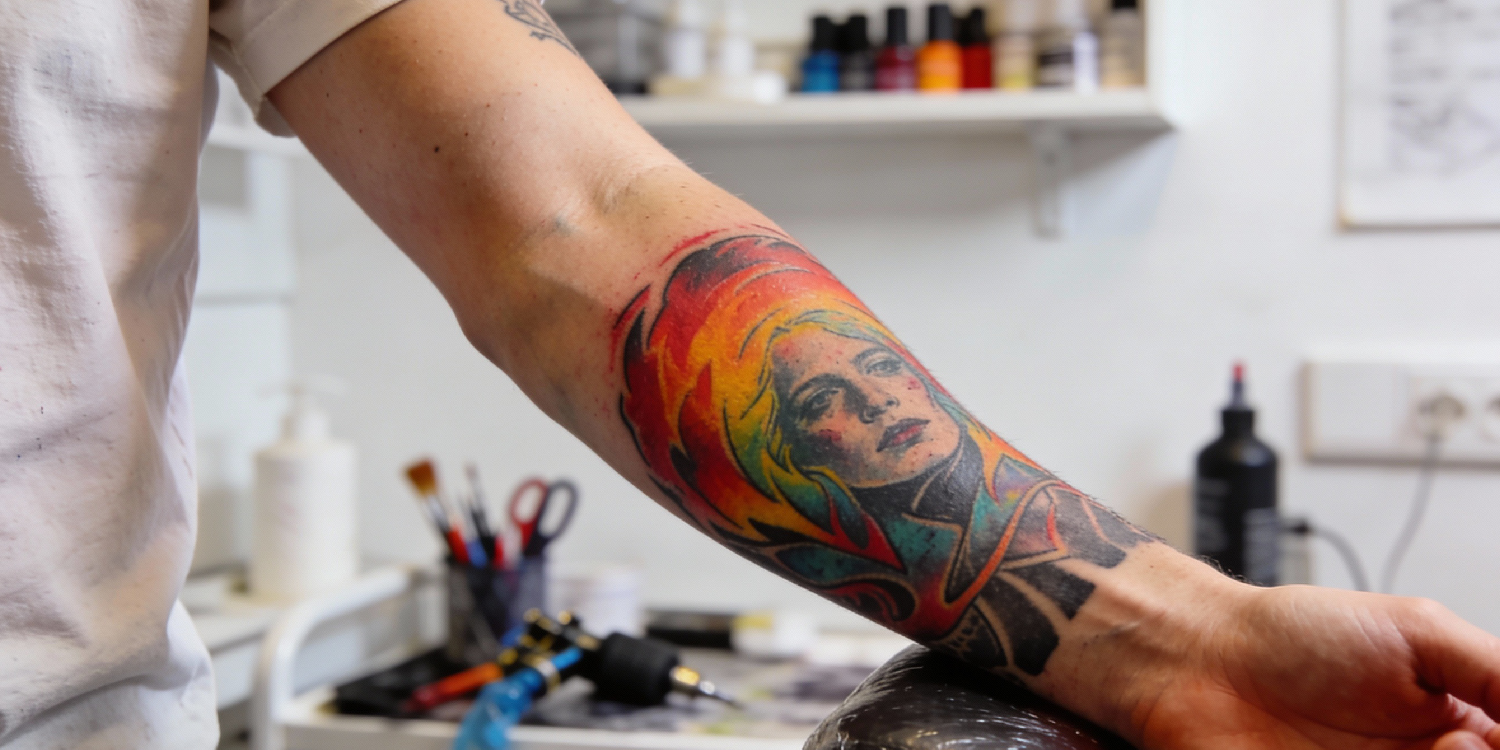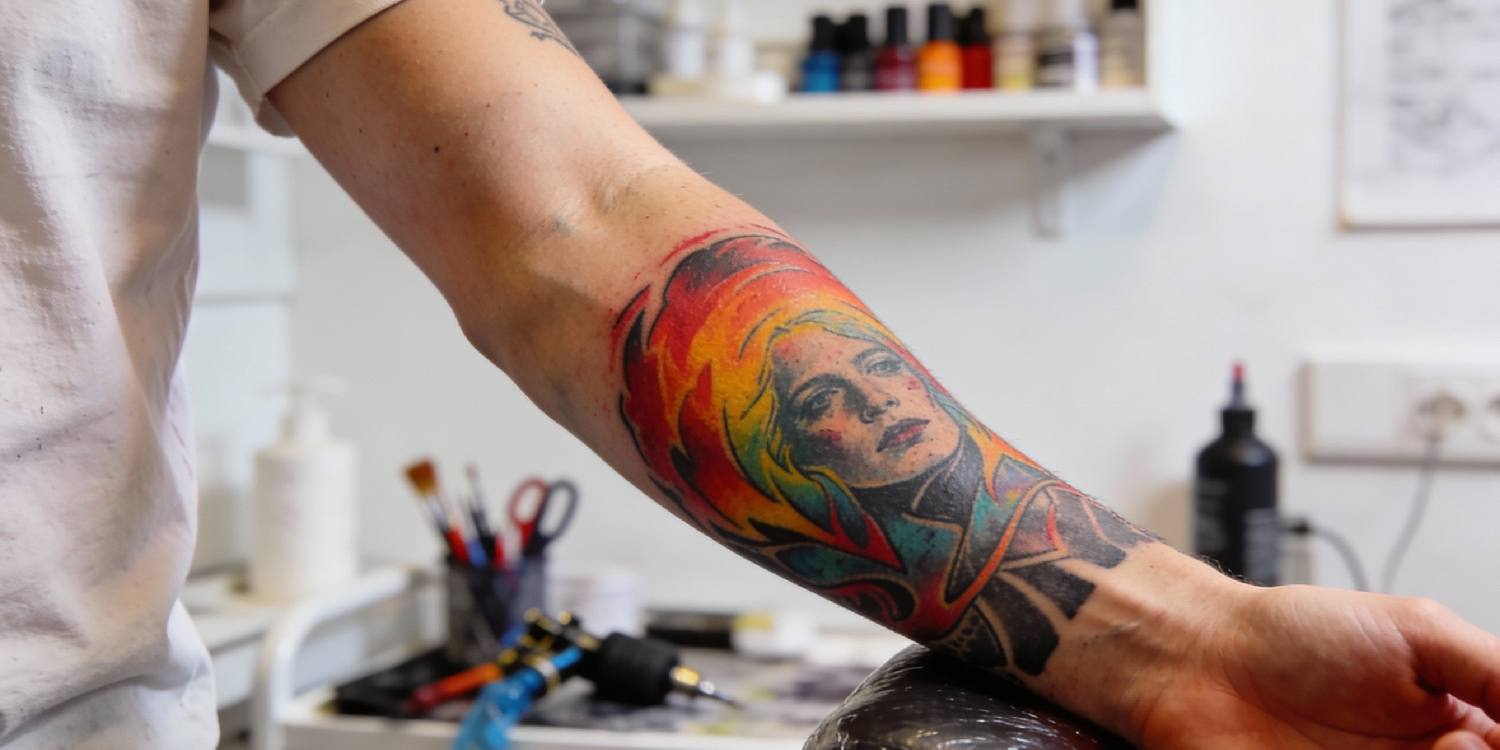Tattoos have been a part of human culture for centuries, serving as markers of identity, status, and self-expression. What was once considered a form of rebellion or subculture statement has evolved into a mainstream phenomenon, embraced by people from all walks of life. Beyond their aesthetic appeal, tattoos hold a profound significance in shaping and reflecting an individual’s identity.
Historical Roots:
Tattooing is not a recent phenomenon; its roots extend deep into the annals of human history. From ancient civilizations to indigenous tribes, tattoos have played a significant role in cultural rites of passage, status symbols, and spiritual practices. In ancient Egypt, tattoos adorned the bodies of priests and priestesses as symbols of devotion to deities. Similarly, the Maori people of New Zealand used tattoos to convey genealogy, social status, and personal achievements. The historical significance of tattoos highlights their role as more than just decorative ink; they are a testament to cultural identity and a visual language that transcends spoken words.
The Evolution of Tattoos:
While the historical context of tattoos is rich and diverse, the evolution of body art in contemporary society has been equally dynamic. What was once associated with counterculture and rebellion has now become a mainstream form of self-expression. The shift can be attributed to changing societal attitudes, increased visibility of tattooed individuals in popular culture, and the democratization of the art form. Tattoos are no longer confined to the fringes of society; they have become a canvas for individuals to narrate their stories and showcase their unique identities.
The Artistic Canvas of Self-Expression
In the realm of body art, tattoos are more than ink etched onto the skin—they represent a canvas for personal narratives, beliefs, and cultural influences. Each tattoo tells a story, whether it’s a homage to a loved one, a symbol of spiritual beliefs, or an artistic expression of one’s inner world. The choice of design, placement, and style often mirrors the wearer’s values, experiences, and aspirations.
Cultural Signifiers and Symbolism
Tattoos transcend language barriers, serving as a visual language to communicate cultural heritage, affiliations, and beliefs. They have deep roots in various cultures worldwide, carrying symbols, motifs, and rituals that connect individuals to their heritage. From the intricate patterns of Polynesian tattoos to the symbolic imagery of Japanese irezumi, these body arts serve as a visual representation of cultural identity and heritage.
Transformative Nature of Tattoos
The process of getting a tattoo is often transformative, not only physically but emotionally and mentally. The act of choosing a design, finding the right artist, and undergoing the tattooing process can be a deeply personal and cathartic experience. For many, tattoos mark significant milestones or turning points in their lives, symbolizing growth, resilience, or reclaiming personal power.
Identity Evolution Through Tattoos
As individuals evolve, so do their identities, and tattoos often reflect this metamorphosis. What once held profound meaning might evolve or gain new significance over time. Additionally, tattoos can serve as a tangible record of one’s journey, capturing memories, passions, and evolving beliefs. They act as a visual timeline, illustrating chapters of a person’s life story.
Tattoo Removal and Changing Identities:
While tattoos are intended to be permanent, some individuals may seek tattoo removal as their identities evolve. Life experiences, personal growth, or shifts in belief systems can lead to a desire to shed symbols or messages that no longer align with one’s present self. The rise of tattoo removal procedures underscores the dynamic nature of identity and the acknowledgment that individuals have the right to shape and reshape their self-expression over time.
Social Perception and Stereotypes
Despite the growing acceptance of tattoos, societal perceptions and stereotypes still exist. Visible tattoos, in particular, can carry stigmas in certain professional settings or cultural contexts. These biases, however, are gradually fading as tattoos become more normalized. The shift in perception challenges conventional norms, fostering a more inclusive and accepting society.
Empowerment and Agency
For many individuals, tattoos are a means of reclaiming agency over their bodies and asserting autonomy. The ability to choose what adorns their skin empowers people to assert their individuality and express themselves authentically. Tattoos can serve as a form of empowerment, enabling individuals to embrace and celebrate their uniqueness.
Healing and Commemoration
Tattoos also play a role in healing processes and commemorating significant moments. They can serve as memorials for lost loved ones, reminders of personal struggles overcome, or symbols of solidarity and support for social causes. In these instances, tattoos become more than art; they become therapeutic and deeply meaningful.
Conclusion
Tattoos are a rich tapestry woven into the fabric of human identity. They serve as visual testaments to personal narratives, cultural affiliations, and emotional landscapes. The evolution of body art reflects the ever-changing nature of human identity, offering a platform for self-expression, empowerment, and commemoration. As society continues to evolve, tattoos stand as symbols of individuality and a celebration of the diverse tapestry of human stories.
Whether minimalist or elaborate, subtle or bold, tattoos continue to shape and reflect who we are, echoing the depths of our identities in the inked masterpieces adorning our skin.
Visit our Toronto or Montreal locations for any tattoo or piercing needs.












